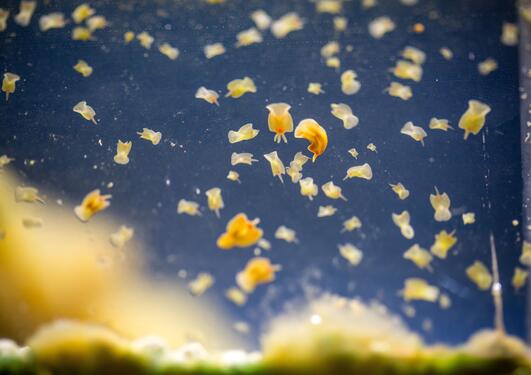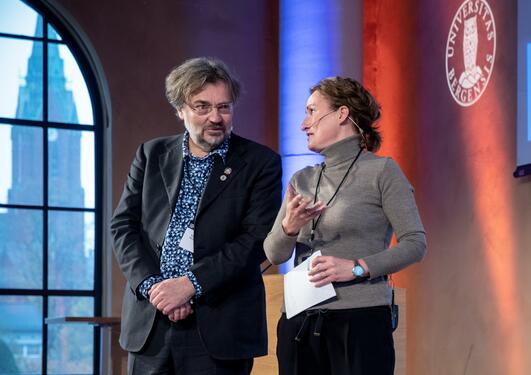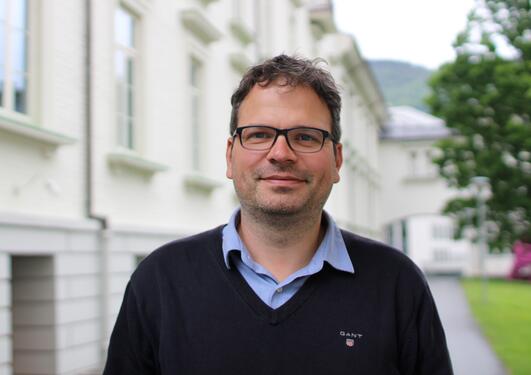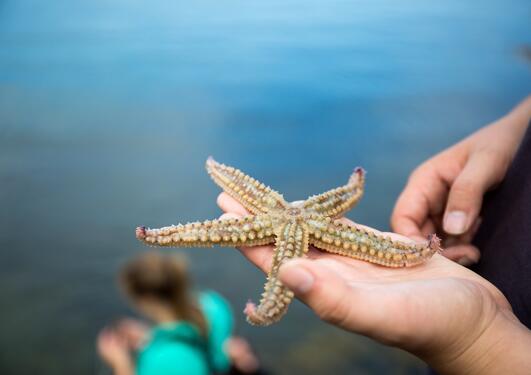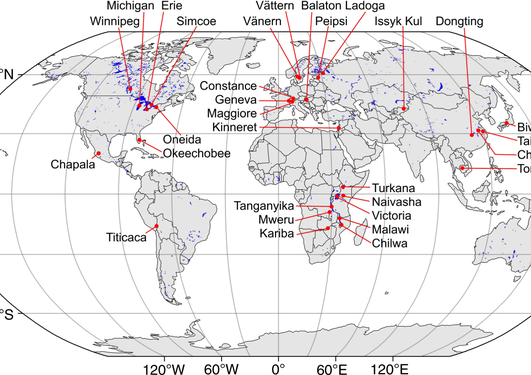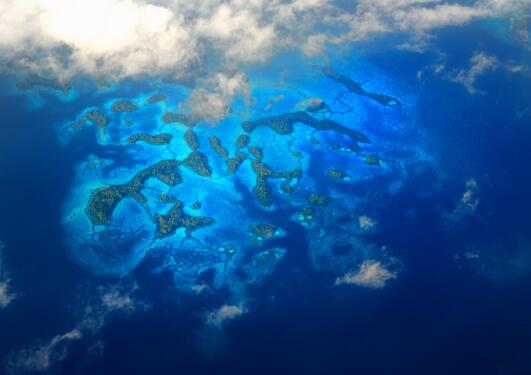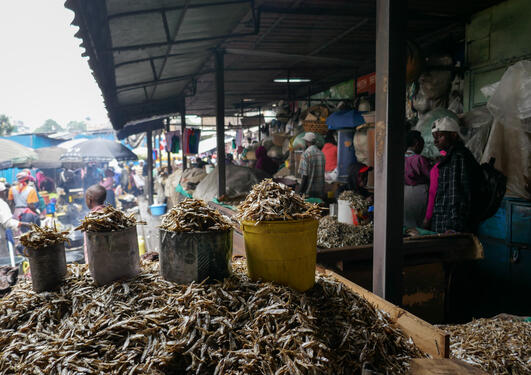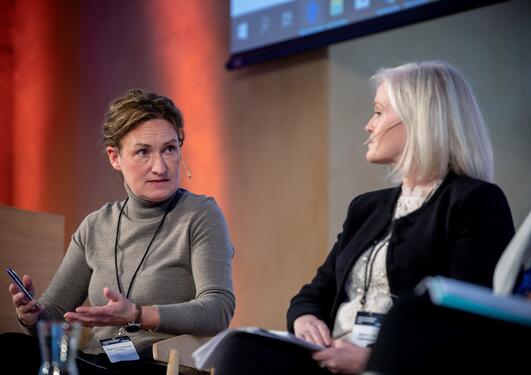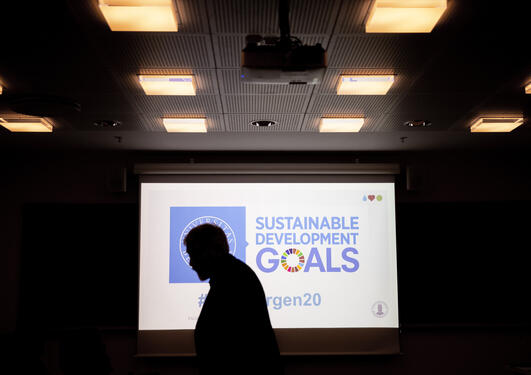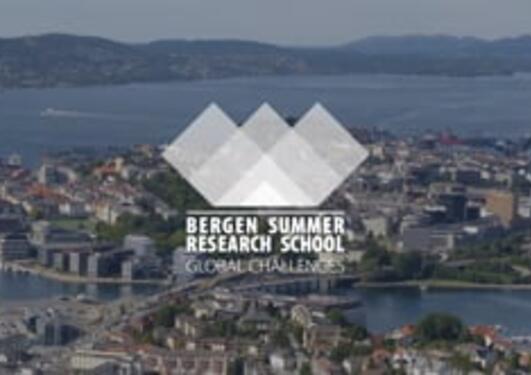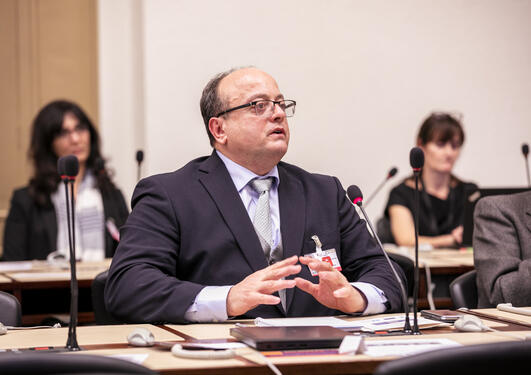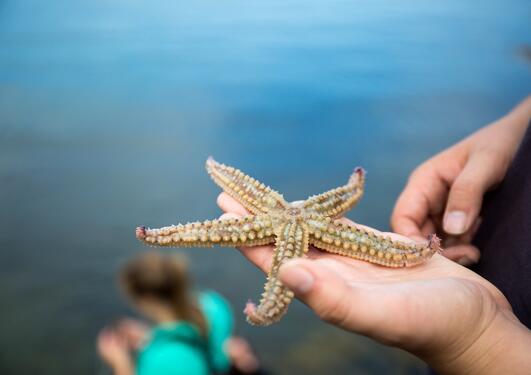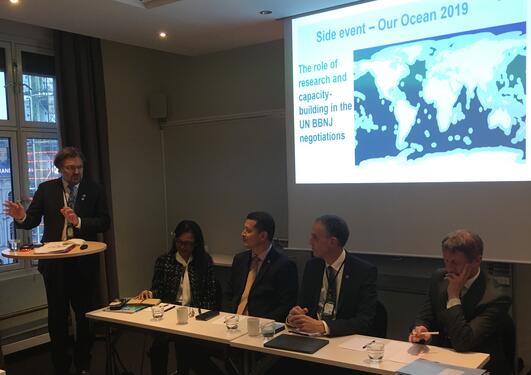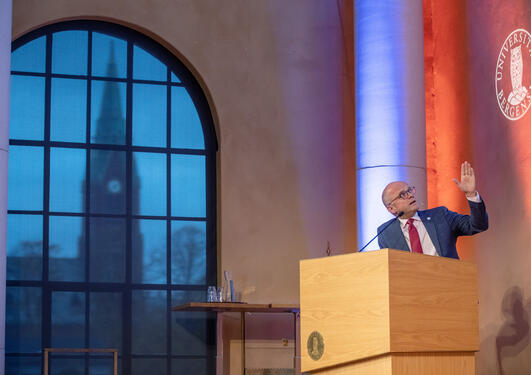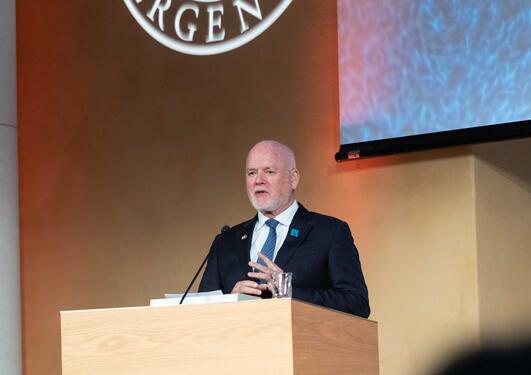Nyhetsarkiv for Global og utviklingsrelatert forskning
How can the ocean provide knowledge and research for the medicine and food of the future? The Covid-19 pandemic has shown the world community that biodiversity is key to securing solutions for the future and how dependent we are of the secrets of the ocean.
In response to the Covid-19 pandemic, the research programme GRIP launched a series of interviews on global inequality in March 2020. With more than 20 interviews out, GRIP is now looking at how to bring the debate on inequality into the mainstream.
Biodiversity is one of the key issues in the debate for sustaining and developing our common ocean resources. Law researchers at the University of Bergen have long been engaged in judicial questions outside national marine territories.
Ocean science is at the core of the University of Bergen’s science diplomacy activities. By juxtaposing the 17 goals of the 2030 Agenda, the university and its partners are quietly providing policymakers with research-based knowledge for global sustainability.
Reporting on ocean acidification data directly targeting the Sustainable Development Goals is all in a day’s work for Benjamin Pfeil and his data group at the University of Bergen.
In October 2018 the University of Bergen was given a lead role on SDG14, Life below water, by United Nations Academic Impact. Now the university has been asked to present a four-part series for inspiration on ocean research and education. The UN distributes the series globally.
How do climate and land-use changes influence fish catch in lakes? That has been at the centre of a major international study which urges policymakers to increase funding for land and water management to create a more sustainable fisheries industry.
The new Norway-Pacific Ocean-Climate Scholarship Programme builds on long-term collaboration between two ocean and climate oriented universities, which includes a voluntary commitment at the inaugural UN Ocean Conference.
The research programme GRIP has launched a series of interviews on global inequality as a response to the ongoing COVID-19 pandemic.
In the world today, malnutrition is a bigger problem than hunger. Researchers hope that a small freshwater fish may prove to be packed with important micronutrients.
In a meeting on biological diversity on the high seas, scientists and other actors gave valuable advice to representatives from Norway’s Ministry of Foreign Affairs before final negotiations on regulation of natural resources outside of national jurisdiction.
The SDG Bergen Policy Briefs series was presented to researchers gathered for a workshop on science diplomacy at the 2020 SDG Conference Bergen.
Last summer, the participants of Bergen Summer Research School were thrown out on the deep end: present your research in two minutes and make it relevant to a panel of diplomats and experts.
The University of Bergen political scientist Hakan G. Sicakkan has been named as one of the members in the UN Global Academic Network of migration experts.
On UN Day 2018 – 24 October, the University of Bergen was announced as the official UNAI Hub for SDG14 – Life below water. One year on, we reflect upon our activities in the year gone and present some of our future plans.
In partnership with Palau's UN Mission and IOC-UNESCO, the University of Bergen arranged a side event at Our Ocean to discuss the science necessary to secure marine biodiversity beyond national jurisdiction as part of international law.
190 scientists, students and ocean enthusiasts gathered in the University Aula for the inaugural Ocean Sustainability Bergen Conference and speeches on current research and inspirational speeches on a sustainable ocean.
“A new deal for nature is on everyone's lips,” said Ambassador Peter Thomson in his public lecture after becoming an honorary doctor at the University of Bergen.
Sider
- 2020
- 2019
- 2018
- 2017
- 2016
- 2015
- 2014
- 2013
- 2012
- 2011
